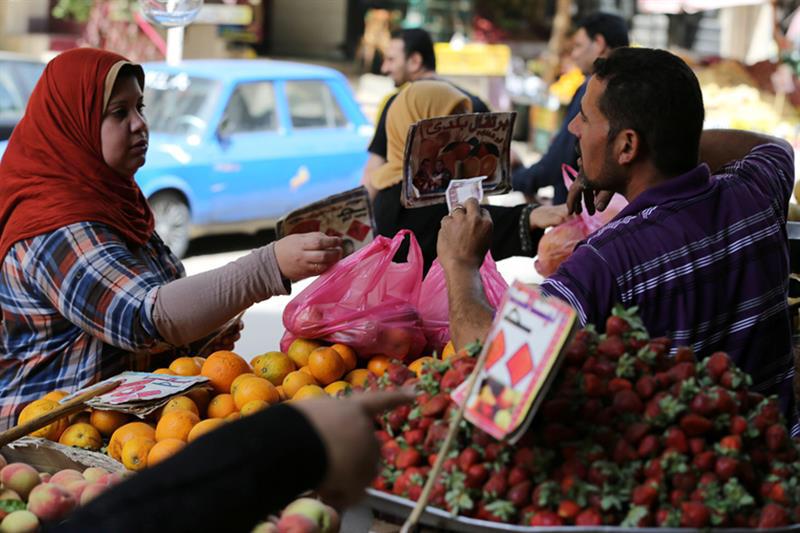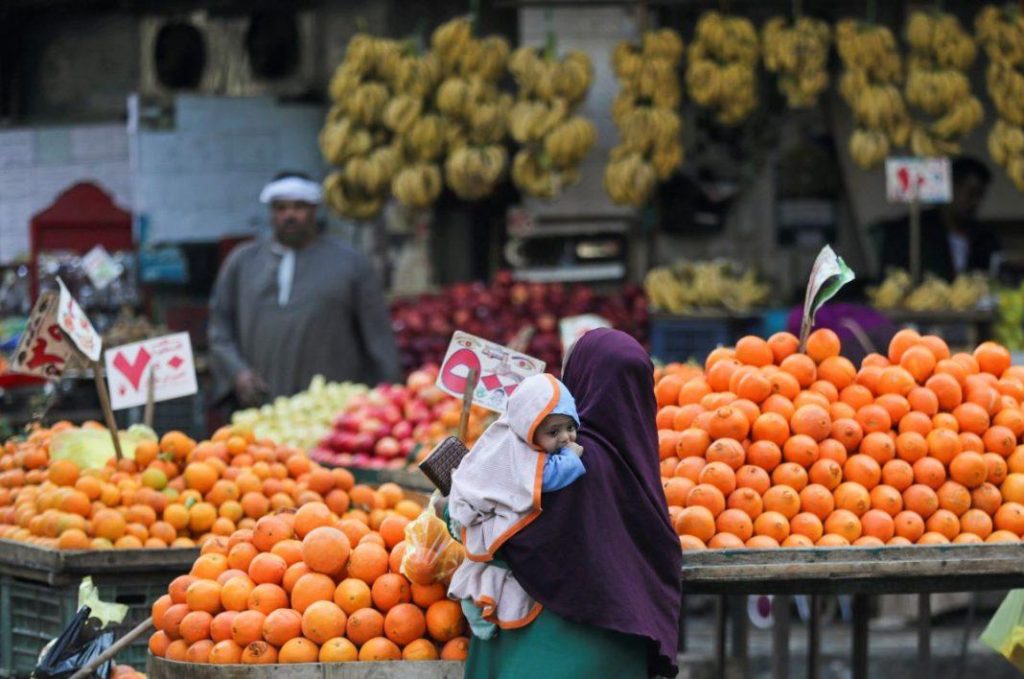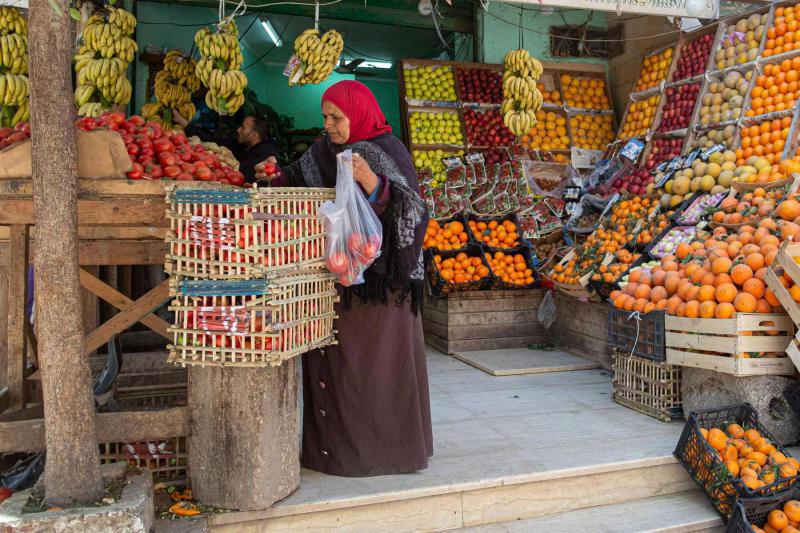
Egypt’s statistics department assert that the country is still struggling with rising prices and soaring inflation amid a massive devaluation of its currency.
Data from the state-run Central Agency for Public Mobilization and Statistics (CAPMAS) showed that annual inflation increased to 21.9 percent in December up from 19.2 percent in November.
This contrasts with the inflation rate of 6.5% in December 2021, which was before it skyrocketed in 2022 as a result of the start of Russia’s conflict in Ukraine, which shook the global economy.
Prices increased in Egypt across a wide range of sectors, including furniture, food, and medical services.
“Food and beverages were up 4.6 percent month-on-month (adding to the 4.5 percent in November), impacted mainly by bread and cereals, dairy, vegetables and meat,” Allen Sandeep of Naeem Brokerage said.
This to some extent absorb a 25% devaluation that happened in late October, but Sandeep warned it foretells further inflation.

“Now combined monthly inflation has risen by around 7 percent over three months. This is close to a 30% pass through to the urban CPI index. With the new round of devaluation ongoing, which we expect to be roughly 15 percent, we can expect annual CPI to touch 25 percent by February.”
Heavy pressures have been placed on consumers by the increasing inflation, particularly lower-income households. Approximately 30% of Egyptians, according to official statistics, are considered to be poor.
Since the government launched an extensive reform program in 2016 to revamp the battered economy of the nation, the majority of Egypt’s more than 104 million citizens have suffered from inflation.
This program featured tough austerity measures like floating the Egyptian pound and reducing fuel, water, and energy subsidies.
President Abdel Fattah el-Sisi called the situation “very difficult” and urged the public to have faith in his administration.
In an effort to reduce state spending, the administration has instructed state agencies to implement austerity measures and stopped the construction of expensive new projects that consume foreign currency .

Millions of people found their savings running out as the cost of living increased as a result of the Central Bank of Egypt’s (CBE) recent decisions to increase its primary interest rate and devalue the pound.
The goals of the actions were to combat rising inflation and fulfill International Monetary Fund(IMF) bailout loan criteria in the face of a foreign currency shortage.
Although it was unclear how it would be accomplished given the current patterns, the CBE stated last month that it hopes to reduce inflation to around 7 percent by the fourth quarter of 2024.
The IMF approved the $3bn support package for Egypt after a series of reforms, including devaluation.
The US currency traded on Tuesday at 27.5 pounds for $1.
Author-Roberta Appiah





